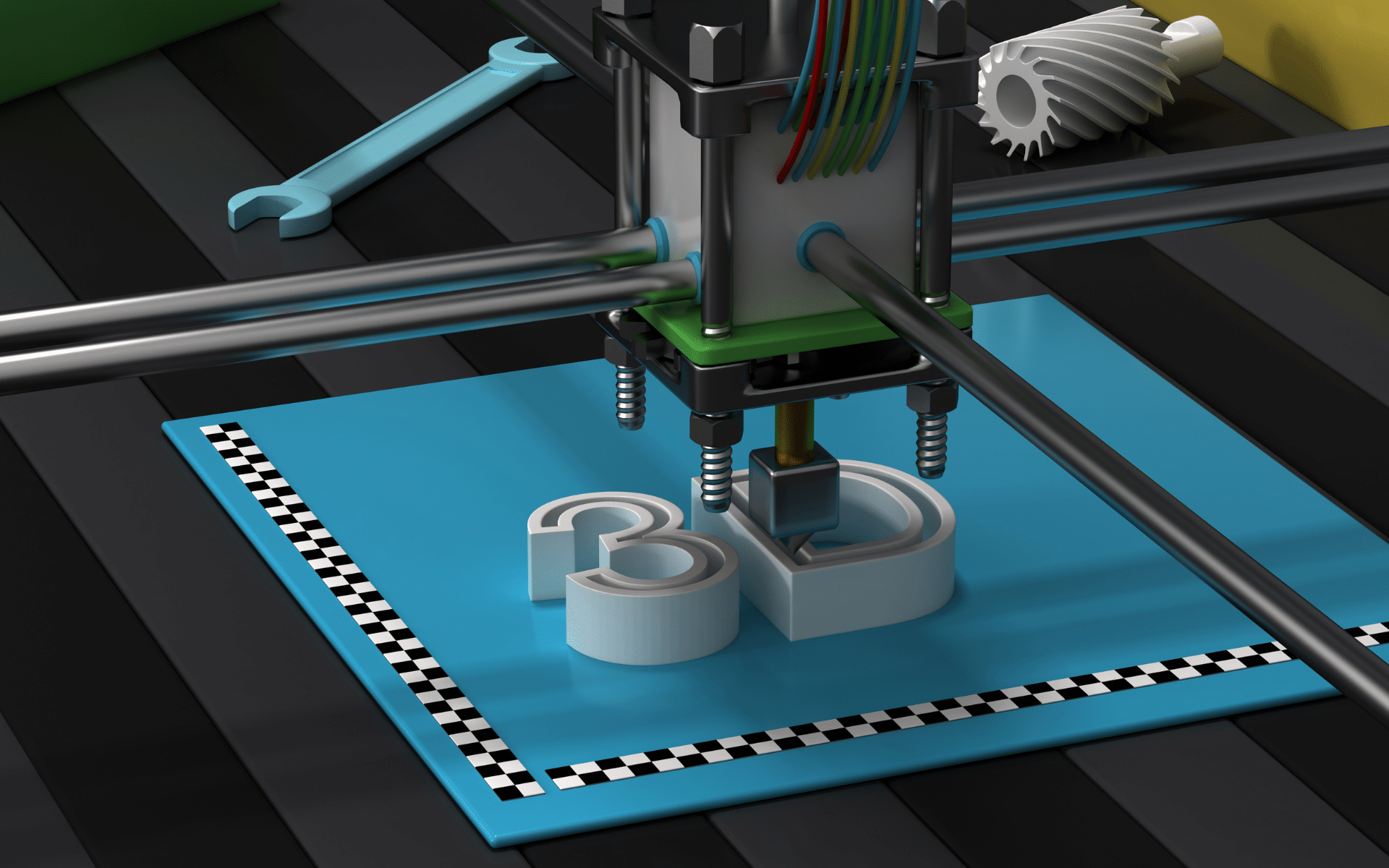
GTA VI
For years, millions of gamers around the world have been eagerly awaiting the release of Grand Theft Auto 6. Following the monumental success of GTA V—which shattered sales records and redefined the open-world genre—Rockstar Games is preparing to leap into a new era of gaming. But GTA 6 isn’t just a game: it’s a colossal project involving cutting-edge technology, staggering budgets, and a level of design bordering on creative and technical obsession.
A budget worthy of a Hollywood blockbuster
According to credible leaks and insider reports, GTA 6’s development budget may exceed $2 billion, potentially making it the most expensive video game ever made. This figure includes not just development, but marketing, licensing, voice acting, and massive infrastructure investments. In comparison, even blockbuster films like Avengers: Endgame pale in scale.
The figure isn’t surprising, considering Rockstar’s reputation for going all-in on their projects. Every detail is obsessively crafted—from the textures on buildings to the dynamic behavior of pedestrians on the street. Even the internal development tools are custom-built to provide total creative control and maximum efficiency.
Building a world that feels truly alive
GTA 6’s development began long before any official announcement. The map is rumored to be inspired by multiple cities, with a detailed recreation of Miami (Vice City) and surrounding areas. But the real game-changer is Rockstar’s systemic and procedural design approach: every non-player character (NPC) will have complex routines and react dynamically to changing conditions in the environment.
Rockstar has also embraced a modular and iterative design philosophy. This means that every component—missions, physics, dialogue—can be updated post-launch, paving the way for a living, evolving ecosystem that goes well beyond traditional downloadable content.
Ray Tracing, AI, and a new engine
GTA 6 will be a technological showcase for the current generation of consoles and PCs. The game runs on a completely revamped version of the RAGE engine (Rockstar Advanced Game Engine), now supporting real-time ray tracing, advanced global illumination, and highly realistic physics simulations. Weather conditions won’t just be aesthetic—they’ll actively affect gameplay, like vehicle traction or visibility during chases.
In terms of AI, Rockstar is pushing boundaries with a proprietary neural network that enhances NPC behavior, making them less predictable and more responsive. Some reports even suggest the use of generative AI for background dialogue, allowing ambient conversations to vary endlessly and make each walk through the city a unique experience.
Cloud, multiplayer, and security
One of the most intriguing aspects of GTA 6 is how it handles its online infrastructure. The multiplayer component, the successor to the wildly popular GTA Online, is being built on a cloud-native architecture designed to reduce latency, increase scalability, and even enable persistent world elements. The online world will continue to evolve even when players are offline, creating an MMO-like experience within a sandbox framework.
From a security standpoint, Rockstar is taking no chances. They’re implementing machine learning–based anti-cheat systems capable of detecting unusual behavior in real-time. After years of battling mods and exploits in GTA V, the studio is aiming for a more secure, fair, and balanced experience in this next iteration.
GTA 6 as a technological statement
Grand Theft Auto 6 isn’t just another title in a long-running series. It’s a statement of what modern game development can achieve—a benchmark not just for gamers, but for developers, engineers, and cultural commentators alike. Behind the explosions, high-speed chases, and biting satire lies a complex and visionary piece of engineering, built with some of the most advanced tools and concepts in the tech world.
While the official release date remains shrouded in mystery, one thing is certain: GTA 6 will mark a before and after—not just in gaming, but in how we imagine and build virtual worlds.








